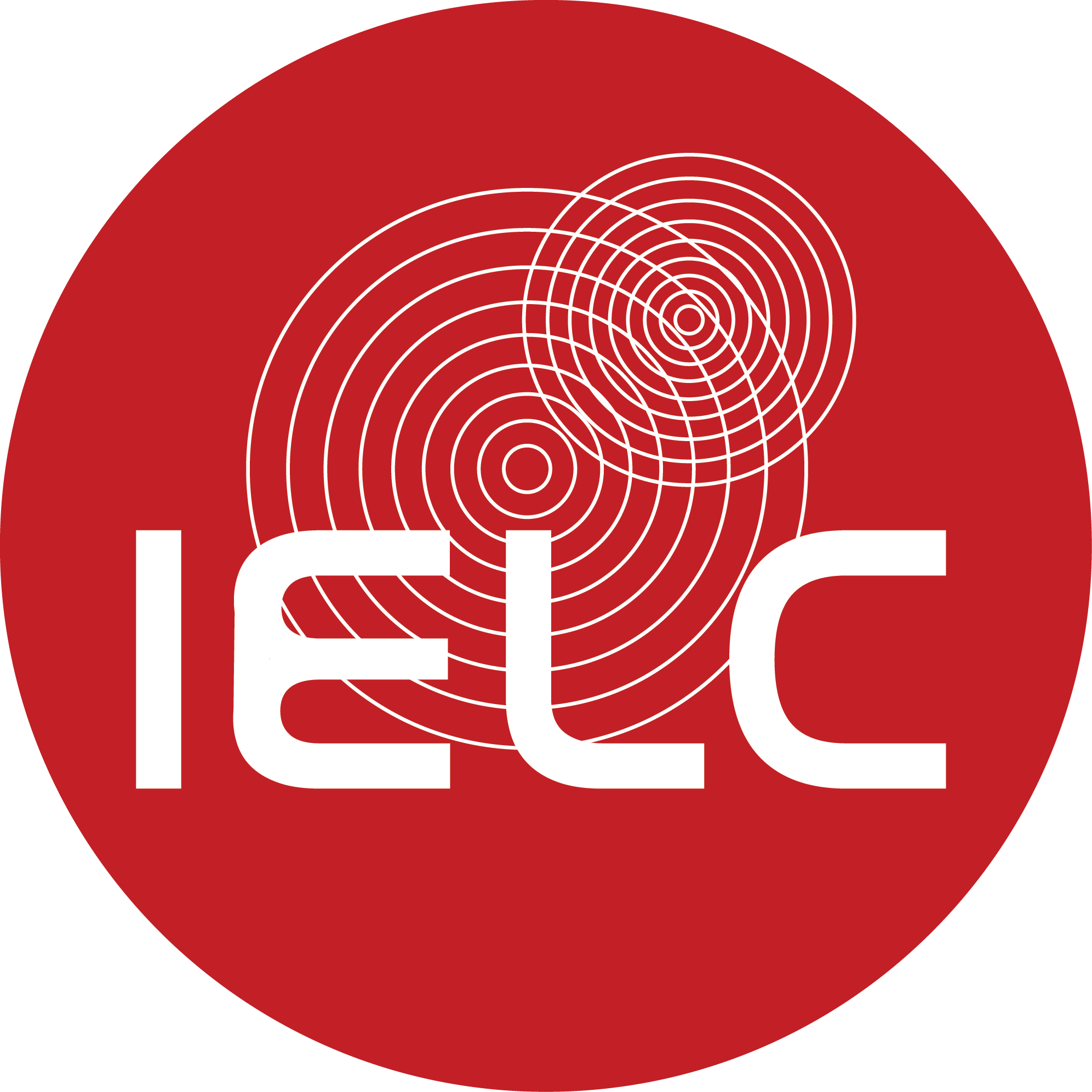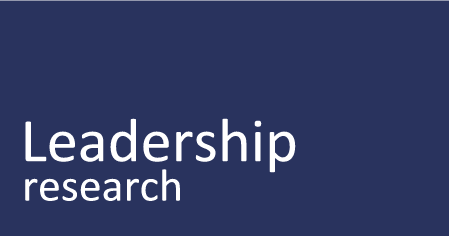|
|
Description The study, comprising a thematic review and meta-analysis, will critically examine the contribution of school leadership to student learning. It is motivated by the conundrum whereby research has failed to provide compelling and unequivocal results on the contribution to student learning from school leadership which we expect to have a considerable influence. This confusion makes it challenging for school leaders to know how to improve their leadership strategies for securing better student learning outcomes, and for enhanced school effectiveness and improvement. It also makes it difficult for professional developers to plan with clarity effective programs to prepare and develop school leaders, and for policymakers to formulate policies that lead to system improvement in schooling. Therefore, the study endeavors to clarify (a) the relationships between school leadership practices and student learning outcomes; (b) how these relationships may vary in different situations; and (c) how school leadership practices contribute to student learning. The research plan comprises four steps designed to synthesize diverse findings from primary studies, and generate useful broad results: (1) systematic, comprehensive identification of all relevant primary studies examining the influence of school leadership on student learning; (2) extraction and coding of key variables; (3) meta-analysis to summarize quantitative results on the relationships between leadership practices and student learning; and (4) thematic review of qualitative results to understand how leadership practices affect student learning. The study will advance our theoretical understanding on the diverse leadership practices enacted by different school leaders (principals, vice-principals, teacher leaders), overall relationship between school leadership practices and student learning, relative ‘effectiveness’ of different school leadership practices in enhancing different aspects of student learning (academic, non-academic), relative ‘effectiveness’ of school leadership practices in different contexts, and processes by which school leadership practices contribute to student learning. Results from the study will be translated into a set of practical recommendations on effective school leadership practices so as to inform different aspects of policy and practice in school effectiveness and improvement. These aspects include enabling school leaders at different levels to apply the recommendations to enhance specific priority areas in student learning (e.g., academic or non-academic), leadership professional developers to use the recommendations to develop training materials, and policymakers to use the recommendations to leverage the collective capacity from leaders at different levels within the school, and formulate school leadership and improvement policies that cater to schools with different needs across the system. The main purposes of this project are to:
|
||||||||||||||||
|---|---|---|---|---|---|---|---|---|---|---|---|---|---|---|---|---|---|---|



